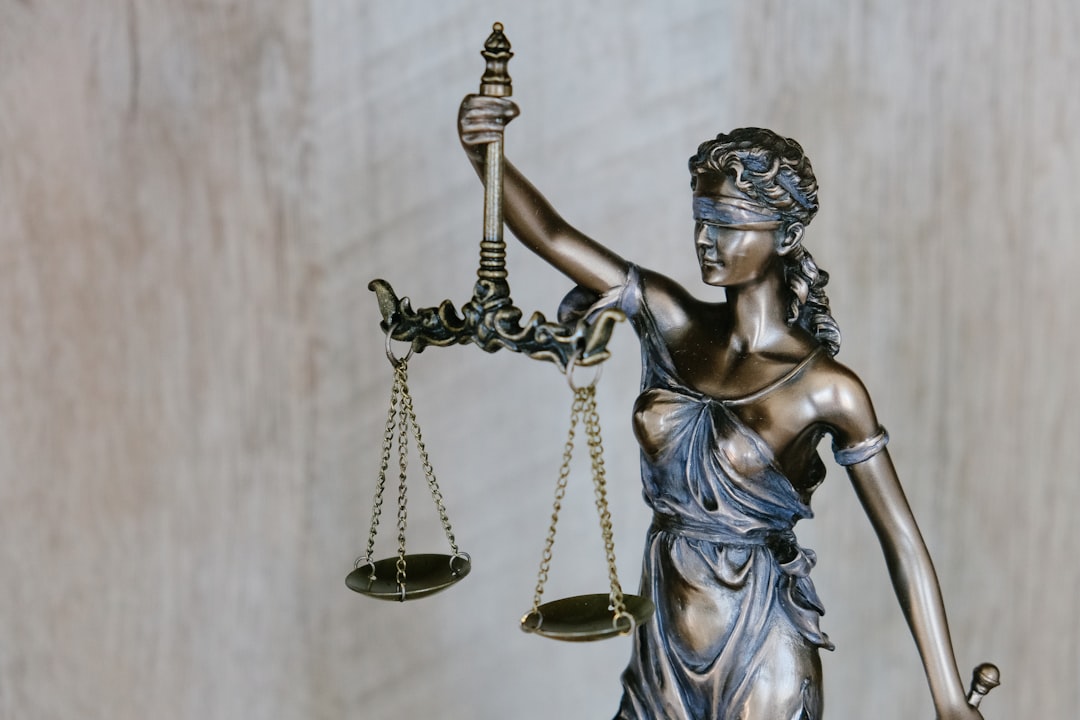The #MeToo movement prompted significant changes in Pittsburgh, Pennsylvania's rape laws, addressing historical criticism and improving legal support for survivors. Stricter consent definitions, enhanced penalties, and better evidence handling procedures have empowered victims and increased access to skilled rape lawyers in Pittsburgh PA. These reforms aim to ensure justice and create a more supportive legal environment for survivors of sexual assault.
“The #MeToo movement, a global force for sexual harassment accountability, has significantly impacted legal landscapes, including those surrounding rape laws. This article explores the evolution of rape legislation in Pittsburgh, Pennsylvania, through the lens of historical context, the rise of #MeToo’s influence, and subsequent legislative changes. With an emphasis on understanding the role of #MeToo in strengthening legal protections for survivors, we delve into how these reforms have been reflected in the laws of Pittsburgh, providing valuable insights for rape lawyers navigating this critical issue.”
Historical Context of Rape Laws in Pittsburgh

In Pittsburgh, Pennsylvania, like many cities across the nation, the historical context of rape laws reflects a long-standing struggle to define and punish sexual assault effectively. For decades, the legal system often minimized or dismissed reports of rape, perpetuating a culture where survivors felt unheard and unsupported. This changed dramatically with the advent of the #MeToo movement in 2017. The movement sparked a national conversation about gender-based violence and prompted a reevaluation of laws and policies related to sexual assault.
In Pittsburgh, this shift led to increased awareness and advocacy for survivors, pushing local legislators to update rape laws. As a result, Pennsylvania’s legal framework now includes stricter definitions of consent, enhanced penalties for perpetrators, and improved procedures for handling evidence in rape cases. Access to skilled #rape lawyers in Pittsburgh PA has become more vital than ever, as these changes ensure that survivors have stronger legal options and greater chances of justice.
Rise and Impact of #MeToo Movement in PA

The #MeToo movement, which gained significant traction in 2017, sparked a societal shift and empowered survivors across the United States, including Pennsylvania (PA). This powerful initiative encouraged women to share their stories of sexual harassment and assault, bringing much-needed attention to the prevalence of these crimes. In Pittsburgh, PA, as in many other cities, the movement fueled a rise in public awareness and demand for justice. Many survivors found the courage to come forward, which led to increased scrutiny of existing laws and policies, particularly those concerning rape and sexual violence.
The impact of #MeToo in PA resulted in several legislative changes and reforms aimed at strengthening legal protections for victims. Rape lawyers in Pittsburgh PA observed a growing need for more stringent laws as public sentiment demanded better support and accountability. This movement prompted discussions about consent, triggered conversations around workplace policies, and encouraged the creation of safer spaces for survivors to seek help. As a result, Pennsylvania took significant steps to improve its response to rape cases, ensuring that victims have access to justice and support services.
Changes in Rape Legislation Post-#MeToo

The #MeToo movement has been a catalyst for significant changes in various aspects of society, and one notable area of impact is rape legislation. In Pittsburgh, PA, as in many places worldwide, this social awakening led to a re-evaluation of laws surrounding sexual assault. The movement prompted a clearer definition of consent and stricter penalties for non-consensual acts, empowering survivors and holding perpetrators accountable.
Rape lawyers in Pittsburgh PA have observed these legislative shifts, which now emphasize the importance of victim advocacy and justice. Changes include more stringent procedures for evidence collection and preservation, better protections for victims’ privacy, and expanded legal options for those who have suffered rape or sexual assault. These reforms aim to ensure that survivors feel heard, supported, and that their rights are protected within the legal system.






